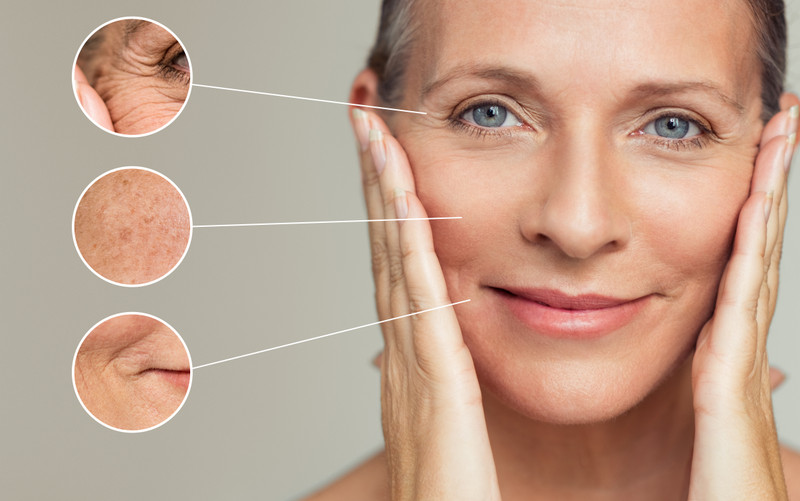When most people think of Vitamin E, they picture glowing skin and anti-aging serums — and while it’s true that this nutrient is a skincare favorite, its benefits go far beyond the surface. Vitamin E is a powerful antioxidant that plays a key role in protecting the skin from damage, supporting cellular repair, and promoting overall skin health from the inside out.
Let’s explore how Vitamin E works, why it’s essential for skin protection, and how to ensure you're getting enough.
What is Vitamin E?
Vitamin E refers to a group of fat-soluble compounds, with alpha-tocopherol being the most biologically active form in the human body. It functions primarily as an antioxidant, helping to neutralize free radicals — unstable molecules that can damage cells, speed up aging, and contribute to chronic disease.
How Vitamin E Protects the Skin
1. Shields Against UV Damage
Vitamin E doesn’t act like sunscreen, but it does help minimize the oxidative stress caused by UV exposure. When used in combination with Vitamin C, it can help reduce the effects of sun damage and support healthy skin aging.
2. Supports Skin Barrier Function
Healthy skin has a strong lipid barrier to lock in moisture and keep irritants out. Vitamin E helps maintain this barrier by strengthening cell membranes, making skin more resilient against environmental stressors like pollution, wind, and dryness.
3. Promotes Healing and Reduces Inflammation
Vitamin E has anti-inflammatory properties and supports the skin’s natural healing process. It’s often used to soothe dry, irritated, or sunburned skin and may aid in the fading of scars or blemishes over time.
4. Fights Premature Aging
By neutralizing free radicals, Vitamin E slows the breakdown of collagen and elastin — the proteins that keep your skin firm and youthful. This makes it an effective nutrient for reducing the appearance of fine lines and improving skin texture over time.
Internal vs. Topical Use
While Vitamin E is commonly found in creams, oils, and serums, supplementing internally can provide deeper and longer-lasting skin benefits. When taken daily, it nourishes skin cells from within and supports full-body antioxidant defense.
Food Sources of Vitamin E
You can find Vitamin E in:
-
Nuts and seeds (especially almonds and sunflower seeds)
-
Spinach and leafy greens
-
Avocados
-
Plant-based oils like sunflower and wheat germ oil
-
Fortified cereals
However, because Vitamin E is fat-soluble and can be challenging to get in consistent, therapeutic amounts through food alone, many people choose to supplement.
Supplementing with Vitamin E
A high-quality Vitamin E supplement can help ensure your body has what it needs to protect your skin, fight oxidative stress, and promote long-term wellness. Look for natural forms of Vitamin E (d-alpha-tocopherol) rather than synthetic versions (dl-alpha-tocopherol), which may be less effective.
You can find a selection of trusted, natural Vitamin E supplements at EarthTurns.com, where quality and clean ingredients always come first.
Vitamin E is more than just a beauty vitamin — it’s your skin’s first line of defense against environmental stress, aging, and inflammation. Whether you’re looking to support youthful skin, improve healing, or boost your antioxidant intake, this essential nutrient belongs in your daily routine.

